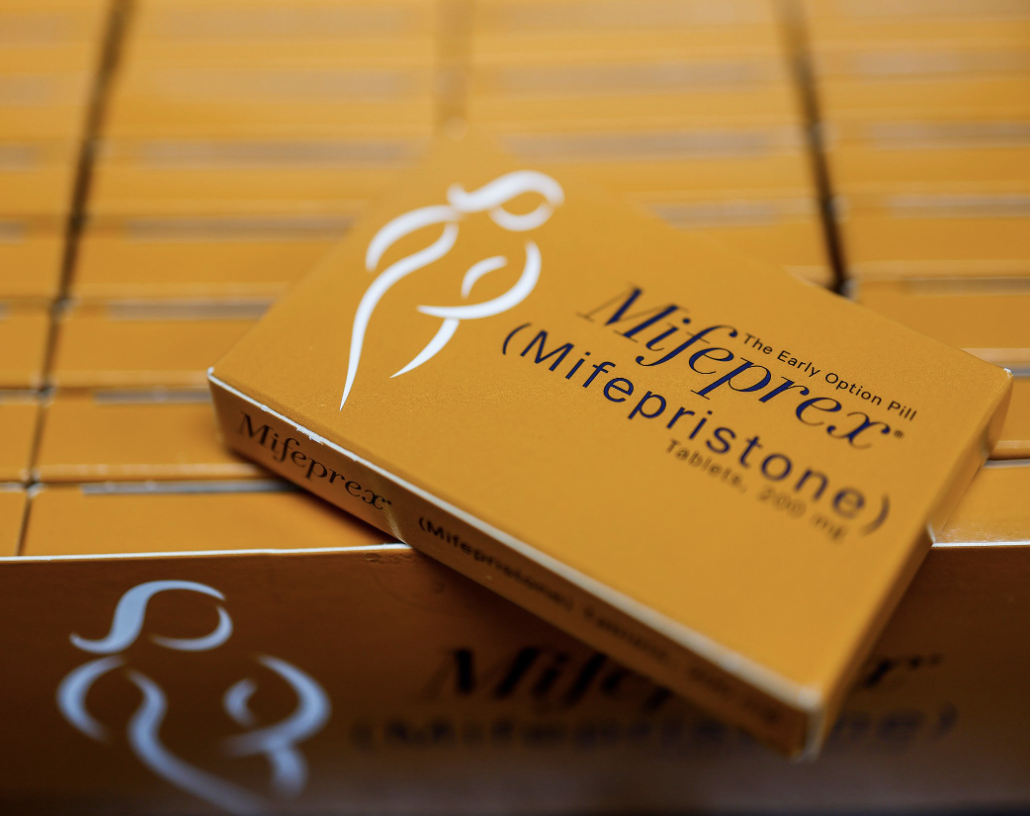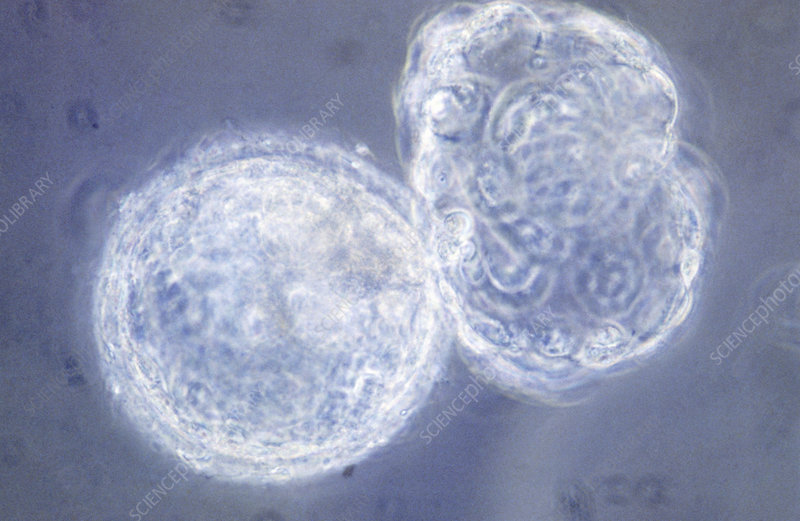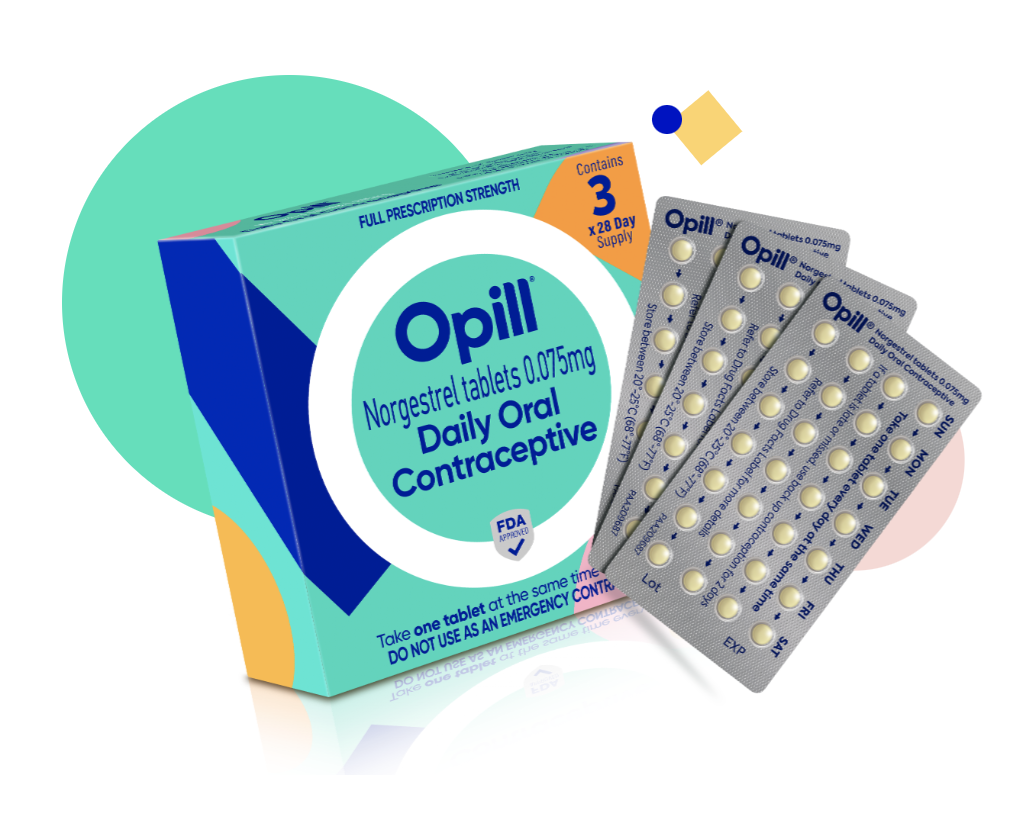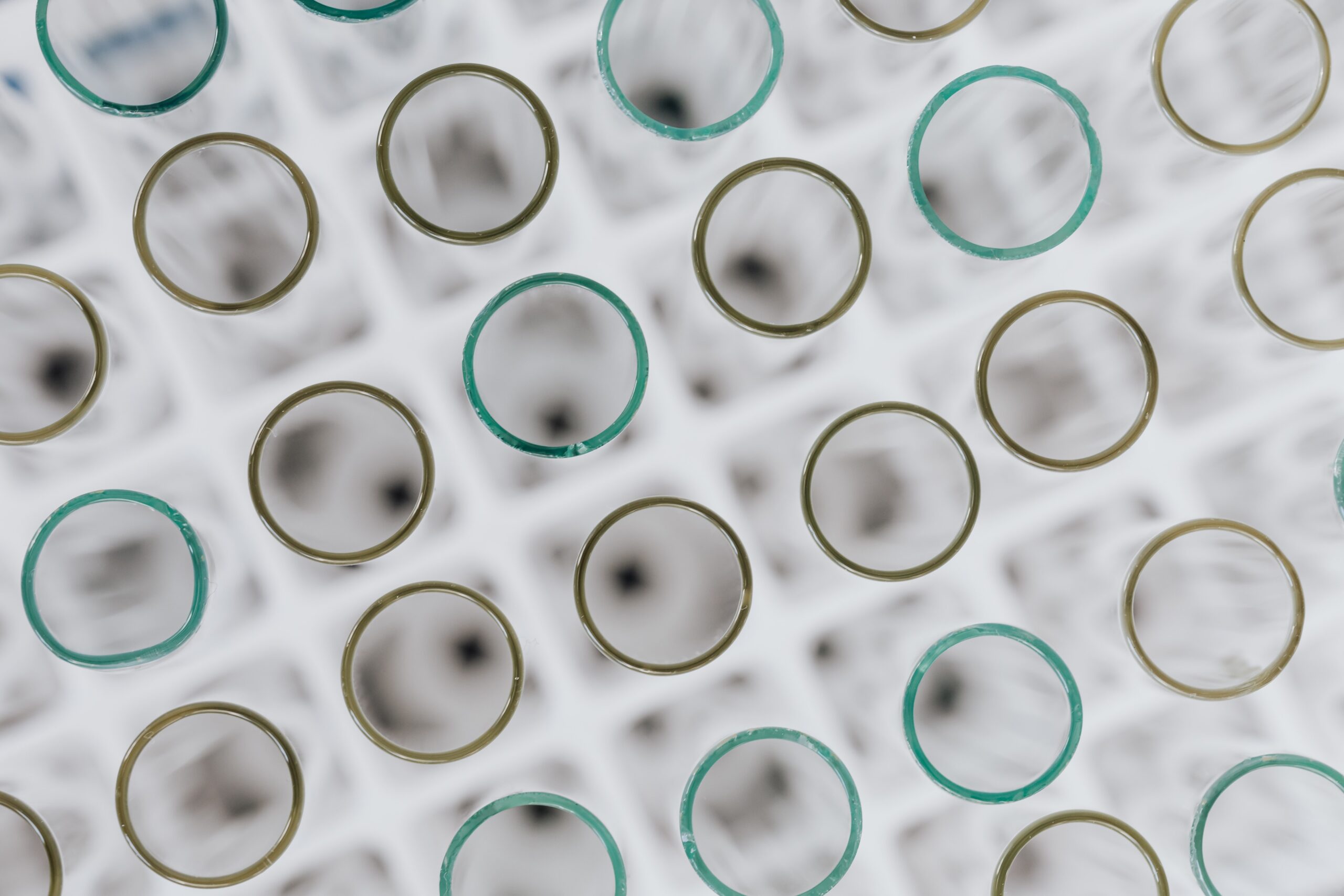Can I get pregnant on my period?

First thing is first, what is a period really?
Ok, let’s start with some basic reproductive biology! Each woman’s menstrual cycle usually lasts approximately a month and contains two parts: the follicular phase – in which an ovary produces an egg ready to be fertilized – as well as the luteal phase where an early pregnancy is supported. If fertilization and implantation do not occur, then the body starts to break down its uterine lining leading to menstruation; that is nature’s way of preparing for another possible chance at conception.

What is happening in the body when someone can become pregnant?
If we consider the “normal” 28-day menstrual cycle, then ovulation typically occurs about two weeks after her period begins (Expert’s tip: cycle day 1 of a period is the first day of full flow). At that point, the uterine lining is nice and thick, ready to welcome an early embryo. The ovary receives a signal from the pituitary gland that prompts the maturation and release of an egg. This egg is then available for fertilization in the fallopian tube for approximately 12 – 24 hours following ovulation.

So, can you actually get pregnant on your period?
Assuming an entirely “normal” menstrual cycle, it would indeed be unlikely to become pregnant from unprotected intercourse while a woman is on her period. Unfortunately, nobody is exactly normal and sperm are sneaky. On average, the follicular phase – from cycle day one of bleeding to ovulation – is variable, ranging from a few days to several weeks for any woman. Conversely, the luteal phase is nearly always 14 days long after ovulation has occurred. It is also important to note that sperm can remain alive in the female reproductive tract for up to 5-7 days! This means that even if someone with a 21-day cycle has intercourse on the first day of her period, it could still be possible for her become pregnant due her short cycles and those resilient sperm!

How does the menstrual cycle affect fertility?
The menstrual cycle has long been considered to be the “fifth vital sign” and an important indicator of overall health. While some women have life-long irregular menstrual cycles, others will notice variation in their cycles related to changes in overall health, stress, or bodyweight. In general, a normal menstrual cycle should be somewhere between 24-38 days and could vary in length for the same woman over a year. If you notice any substantial changes in your menstrual cycle length or heavy menstrual bleeding it is worthwhile to make an appointment with your doctor for further evaluation.

So, how could I prevent a pregnancy during my period?
The best way to prevent pregnancy during your period is to make sure that you are using a reliable form of contraception. Women who are on hormonal contraception or who have an intrauterine device (IUD) may still have monthly bleeding, but would otherwise be protected from pregnancy during that time. Condoms are another great option when used correctly either alone or with other contraceptive methods as they provide additional protection against sexually transmitted infections.
It is critical to become well acquainted with your menstrual cycle and your body. Many fitness trackers and apps can help you gain insight into your menstrual trends and predicted days of ovulation. This data can be used to help either be extra cautious to avoid pregnancy or to help time attempts at pregnancy during your most fertile days.
Last but not least, remember that excellent permanent contraceptive options exist. Both tubal ligation and vasectomy are minor surgical procedures that can be performed in an outpatient setting with a very high rate of success. While surgical sterilization does not affect a woman’s menstrual cycle, it can provide reassurance that pregnancy will be avoided no matter when intercourse occurs in the menstrual cycle.

MY NAME IS NATALIE STENTZ. I AM A BOARD-CERTIFIED OB-GYN AND FERTILITY SPECIALIST. I BELIEVE THAT WOMEN’S HEALTH MATTERS AND THAT OPTIMAL HEALTH STARTS AT HOME WITH SMALL CHANGES APPLIED OVER A LIFETIME.







Read the Comments +